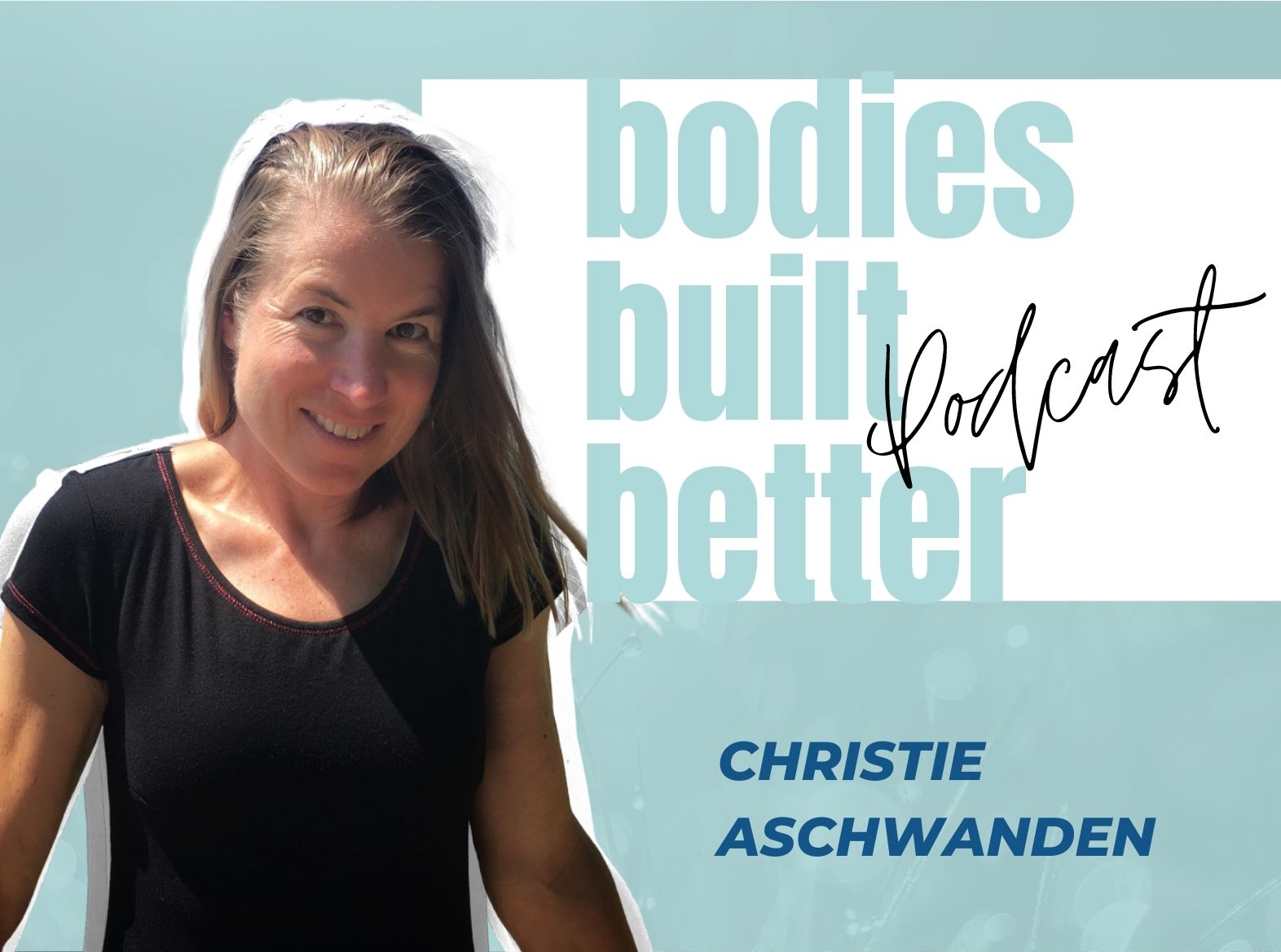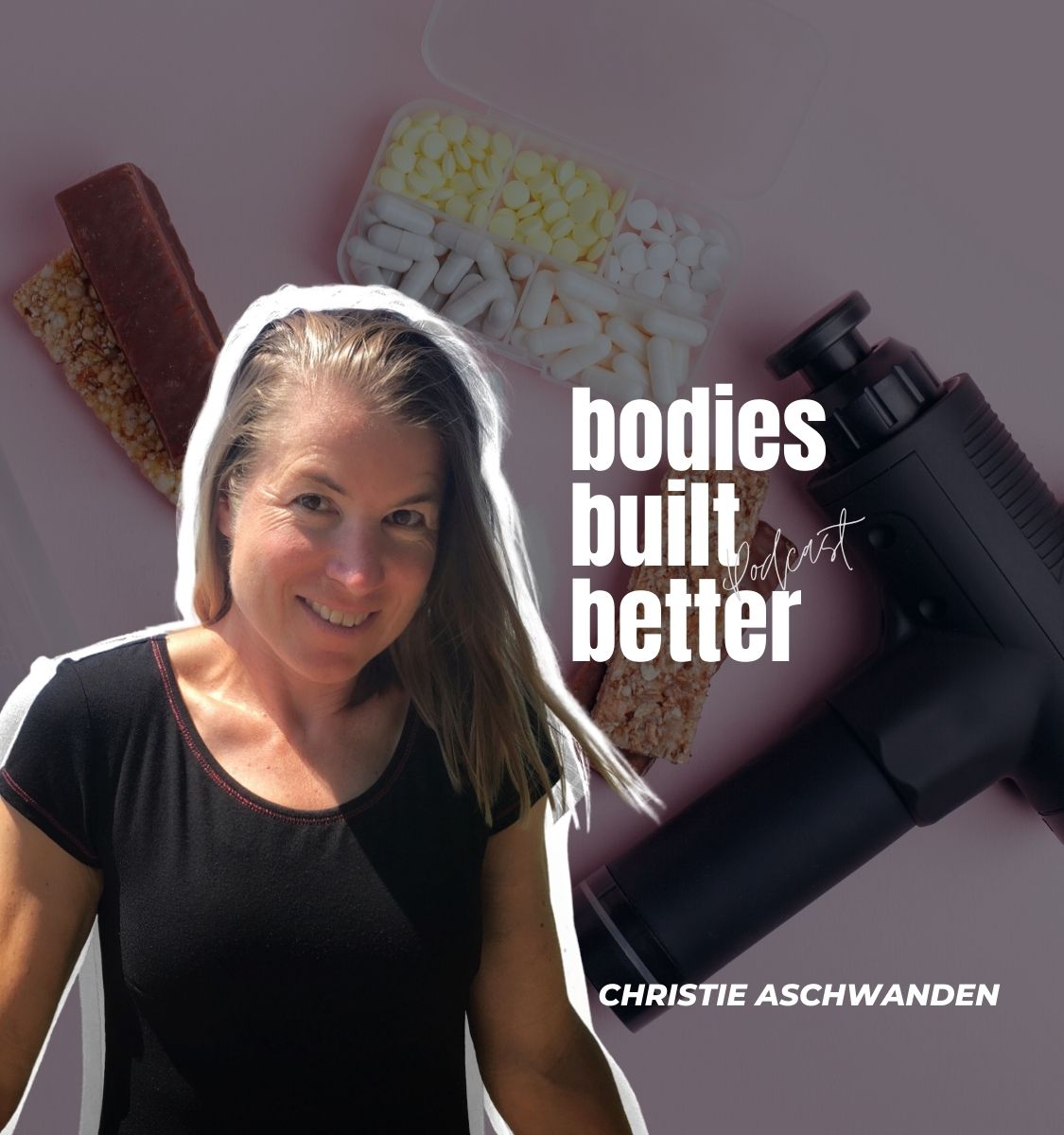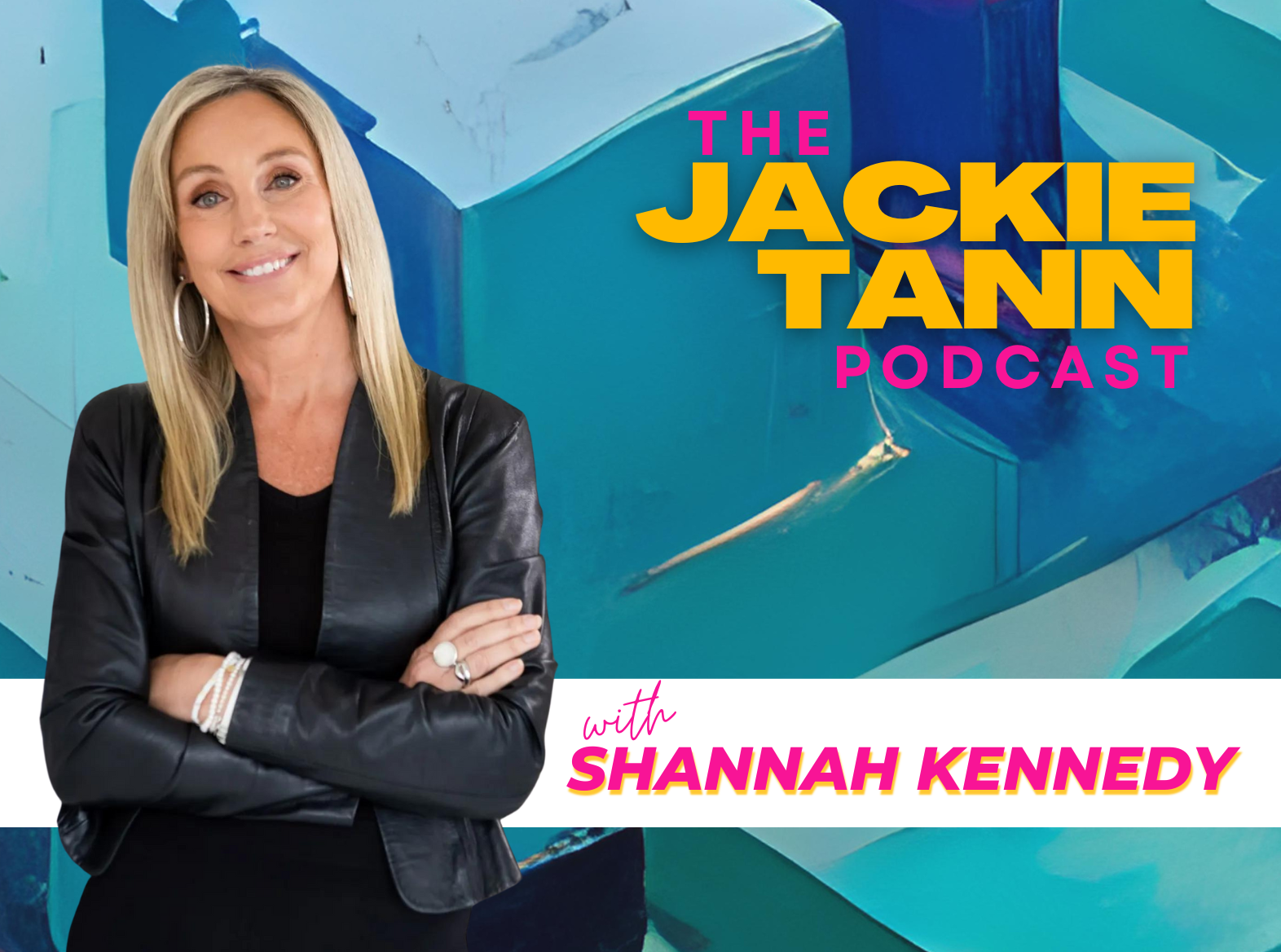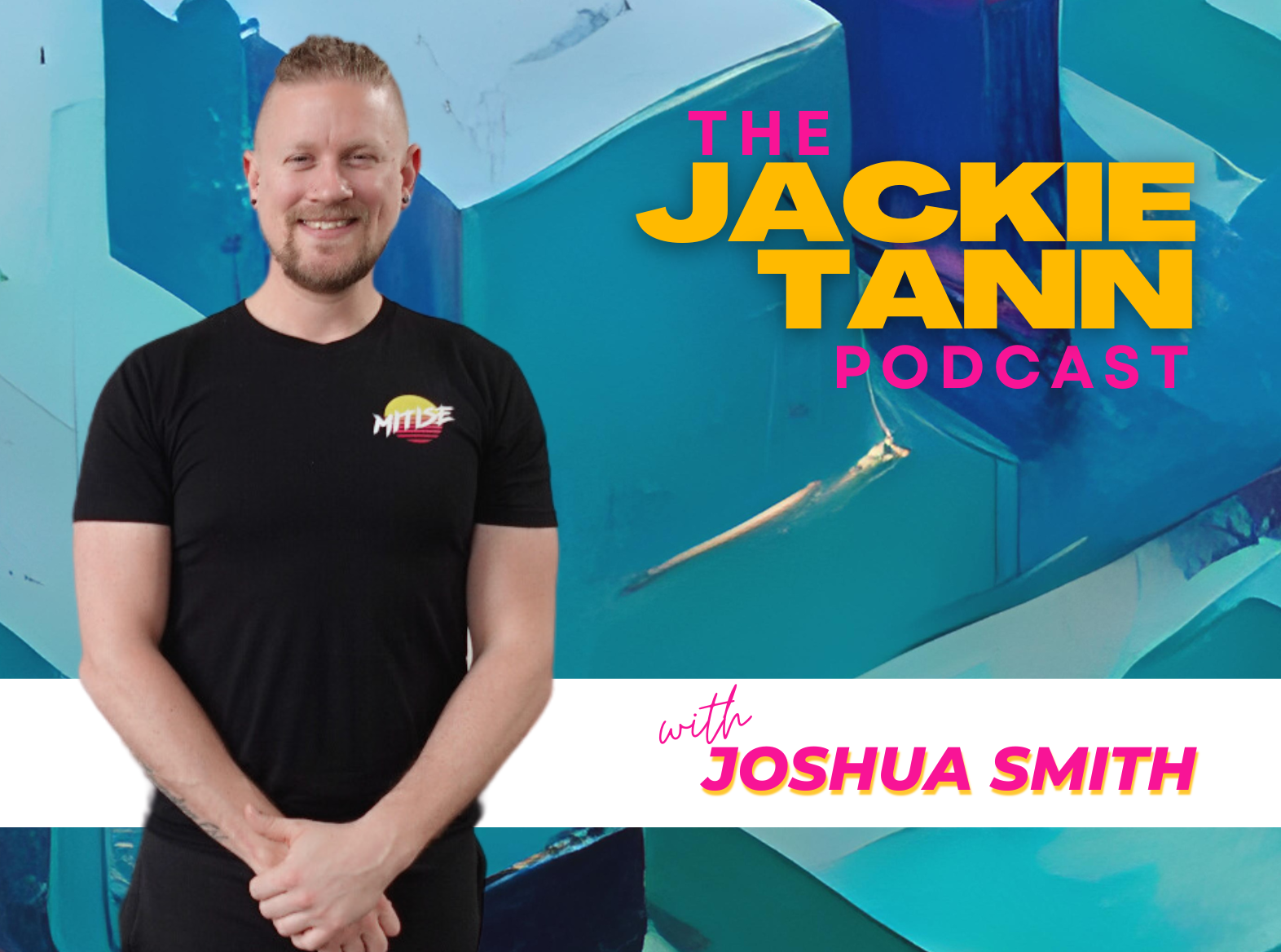Jackie 3:16
Christie, thank you so much for chatting with me today. I’m super pumped about this conversation, talking about your book, Good to Go: How to Eat, Sleep and Rest like A Champion. And I’m so glad you’ve written this book because there are so many things that I used to do in my recovery that I realised it’s not really necessary. So I’m so glad you’ve written this book and every athlete should read it. But before we get into it, I’d love for you to tell us about your journey as an athlete and the recovery measures that you took prior to writing the book.
Christie 3:56
Sure, yeah. Well, I started off as a runner . I’ve been a runner my whole life. I guess that’s kind of the sport that I started with and that I continue to this day. But then in college, I started bike racing, so I was a roadie, road racer for a while, and did that pretty seriously. But then I started cross country ski racing and that’s the sport that I probably did at the highest level. I was racing for the Rossignol team all over Europe doing that. And the thing that I really learned while I was an athlete, it took me unfortunately a lot of my athletic career to figure this out, was that I am someone who needs less training than other athletes, but I also have a greater need for recovery. In other words, I was getting fit quite fast, but then I was very easily over-trained. What ended up happening to me again and again as I was, you know, under this mindset that more is better. And so I would over train myself, I would skimp on recovery. And before I knew it, I was sick or injured or just over-trained and really flat and not performing well. It just took me years to realise that I really needed to spend more time and more emphasis on recovery and to realise that recovery is very individual, you can’t there’s no hard and fast rule about what’s enough, and what’s too much training. What athletes really need to learn is to read their own bodies and understand how they’re responding to training. And, yes, that’s what I did. This book is the book I wish that I had had when I was starting out as a serious athlete, and maybe even as a younger athlete. I mean, I wish I’d had this as a high school athlete and a collegiate athlete to know the things that are important. And the things that aren’t, because I spent too much time looking at things like recovery drinks, and things like that, rather than really paying attention to things that are much more important, like sleep.
Jackie 5:57
Yeah, absolutely. And it’s always one of those things. We’re always like, you know, what’s the quick fix? How will I feel things straightaway?
Christie 6:08
Yeah, people, people always want the quick fix, totally. One comment, one bit of feedback that I sometimes get from the book is people are disappointed because they’re reading it, looking for some secret ingredient, and they want this thing that they can buy, or the weird trick they can do in order to expedite their recovery. And, you know, there really are no shortcuts. But at the same time, I think the message of my book is really encouraging. And that is that the basics are really simple. They can be hard to master, but they’re the things that are important. And so many people waste so much time and effort and energy and money, frankly, on stuff that just isn’t important and doesn’t work.
Jackie 6:50
Yeah, that’s right. Well, let’s dive deep into that in chapter two, you’ve got “Be Like Mike,” Michael Jordan, who, who back in the day, spruiked Gatorade, and all about the illusion of a causality [where if] we drink Gatorade will be “like Mike.” Tell us about the sports drinks out there.
Christie 7:13
I want to linger for a moment on this idea of the illusion of causality. This is a cycle, a term from psychology, which is really just how we see this association. So we think one must cause the other, there must be some causal relationship. And so, sponsors, really, this is the whole model for sponsorship and athletic products, right? It’s the reason that Gatorade was paying Michael Jordan because all these kids want to be like Michael Jordan. So they think, “well, he’s drinking Gatorade, I have to drink Gatorade. That’s what it takes to be a professional, successful athlete.” And this just isn’t the case. We see that again and again, but we see so many companies that are sponsoring athletes, and it creates this culture where athletes are being paid to promote and to pitch and to use certain products, or to at least show Instagram posts or whatever, that they’re using these products, whether they are or not, and that’s a whole ‘nother topic for another day. But you know, they really create this, this illusion that everyone’s using it and that this is somehow part of these athletes’ success. In fact, this is just them trying to pay the bills and these companies buying their way into the culture and making it look as though everyone needs to do this. So in terms of sports drinks, it’s really interesting. You have these companies that have spent a lot of money, really, promoting this idea that you need to drink these drinks with electrolytes, which electrolytes is just a scientific and sort of fancy word for salts, which we get through our diets and other ways. And we’ve been taught that we need to have these special, particular drinks in order to stay hydrated, which, it’s kind of laughable, actually. Yeah, the way it is, companies have turned hydration into something far more complicated and costly than it needs to be. From a scientific perspective, our bodies have a really powerful mechanism for ensuring that we stay hydrated, and it’s something we’ve all experienced: thirst. You know, if you’ve ever gone too long without drinking, you’ll notice that you get really, really thirsty. Before anyone dies of dehydration, they’re going to get so thirsty that you know they’ll drink out of the toilet if they have to. So this idea that you have to have some very specific scientifically determined amount of fluid with a particular amount of salt and all, this is just just nonsense. We get those electrolytes from the foods that we eat. This isn’t to say that hydration is important; it’s very important that if you’re an athlete, exercising in the heat or in a situation where you may not have access to fluid to make sure that you do have access to fluids and to food and calories when you need it. If you are doing endurance, long distance endurance exercise. Then one benefit that the sports drinks can have is that they also have sugar and that’s going to help fuel you. Your body will initially run them on stored sugar in the muscles called glycogen. But at some point, if you exercise long and hard enough, you’ll deplete this. And that’s where you know, there’s this term “hitting the wall,” it’s a feeling like all of a sudden you’re running out of gas. That’s where a sports drink can be really helpful. or, or, you know, it doesn’t have to be a drink, it can be an energy bar, it can be a banana, it can be some sort of thing that has energy, and some carbohydrates and sugars and things like this. But yeah, these companies have really convinced us that we can’t have normal food, and we can’t just drink when you’re thirsty, that we really need to enlist them to tell us what to do. Our bodies are much more complicated. And we possibly understand our bodies [better] without some sports company looking over our shoulder and telling us what to do.
Jackie 11:08
Yeah, that is crazy. So then tell us about supplements, because you’re right, there are so many athletes and very high profile athletes who do push your protein powders, your BCAAs, and these superfood powders. Is there any truth to any of these? Because we all know elite athletes work incredibly hard. That’s perfectly not that supplement that’s making the difference.
Christie 11:38
Right? Right. I mean, this goes again to the power of marketing, as we kind of start[ed] off this conversation talking about. The reason that all of these athletes are using these products is that they’re paid to use them. And these companies have an incredible–it’s amazing, when you really look at it–almost every professional and elite sports team has some sort of supplement sponsor. And in fact, you know, I have an entire chapter in the book, discussing supplements. think, you know, the takeaway advice. I’ll just cut to it, it is very simple, is that, you know, athletes do not need supplements, there’s no supplement that’s going to make you a better athlete. There just isn’t. And, a lot of these products prey on this idea that your nutrition and your diet is really terrible. And you might be deficient in something and adding this particular amino acid or, or protein or whatever is buoyant, or, you know, different extracts from plants and things are going to give you superpowers and there’s just no [or] not good evidence for this. And when you start to dig into it as I did in the book, and really look beneath the surface, what you find is that most of these studies that are pointed to this evidence are funded and created by the companies that are selling these products. And these studies are not actually scientific endeavours trying to seek truth about the world. They are marketing exercises, and they are just things that are being done to give products some sort of bonafide certification to make them seem more powerful than they are. The important thing here is to eat a balanced, nutritious diet. You know, these supplements are not going to give you something beyond that. In fact, if you’re an athlete who is subject to drug testing, it is absolutely essential that you avoid these things. I mean, we have case after case after case of athletes testing positive for substances that they inadvertently ingested in a supplement. And the reasons for this are varied, but one of them is that a lot of these raw ingredients are made and sort of questionable factories and things. A lot of them, So many of these things are made overseas where that quality control may not be as good as you would like. But at the end of the day, you just don’t know what you’re getting into. They are not regulated in the same way that drugs and pharmaceuticals are. So it’s very difficult to really know what’s in them. And so the risks to taking something like this are so much greater than any sort of miniscule little benefit you might get from it.
Jackie 14:13
I was so glad to read this chapter because I was someone who thought I needed BCAAs. There, so you’ve saved me money there. Thank you.
Christie 14:26
Yeah, yeah, I mean, they’re just, you know, ways for some of these companies to take byproducts of the dairy industry and turn them into a saleable product and “what are we gonna do with the stuff? We’ll just repackage it for athletes.” This is the secret […] If you’re someone who’s really struggling to get enough protein, you know, they may have a place, but they’re never, ever superior to real food. The only reason to take something like this or a sports bar is because they’re convenient. And you’re hungry, and this is something that’s easily and readily available. But, you know, in most instances, real food is going to be just as accessible and much better for you anyway.
About Christie:
Christie Aschwanden is the author ofGOOD TO GO: What the Athlete in All of Us Can Learn From the Strange Science of Recovery andco-host of EMERGING FORM, a podcast about the creative process. She’s the former lead science writer at FiveThirtyEight and was previously a health columnist for The Washington Post. Christie is afrequentcontributor toThe New York Times. She’s also been a contributing editor forRunner’s Worldand a contributing writer forBicycling.Herwork appears in dozens of publications, includingDiscover,Slate,Consumer Reports, NewScientist, More, Men’s Journal, Mother Jones, NPR.org,SmithsonianandO, the OprahMagazine.
Website: https://christieaschwanden.com/
Website: https://www.goodtogobook.com/
Sponsor:
Heavily Meditated is your down-to-earth meditation app for getting high on life.












